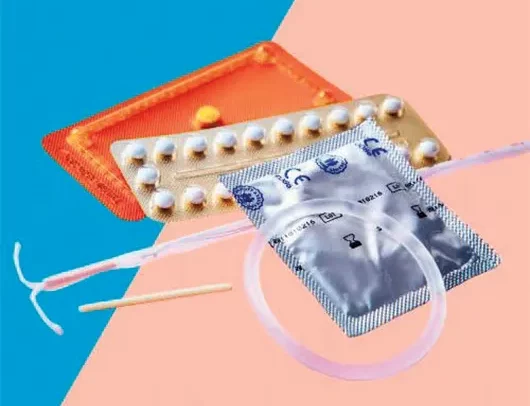In a troubling turn of global health diplomacy, nearly $9.7 million worth of USAID-funded contraceptives originally destined for African countries are at risk of being incinerated in France. Currently stranded in a Belgian warehouse, these lifesaving supplies are more than just medical commodities; they represent protection, choice, and dignity for millions of women and girls.
A Crisis in the Making
The threat of losing these contraceptives comes at a time when Ghana is already grappling with a worsening sexual and reproductive health crisis:
Statistics from the 2022 Ghana Demographic and Health Survey (GDHS) indicate that one in every 10 (10.9%) adolescents aged 15 to 19 years have ever had a live birth. The percentage of adolescents that have had a live birth increases with age, with 19-year-olds recording the highest rate of almost a quarter (23.8%).
Teenage pregnancies are surging. Between January to May 2025 alone 2,436 adolescents’ girls (aged 10-19years) have been reported as pregnant in the Upper East Region. This is a continuance of prevailing social crisis with girls as young as 10 years becoming mothers. In the Bono Region alone 14,887 teen pregnancies were recorded between 2021-2024. Behind each number, each girl, is a story of interrupted education, heightened vulnerability, and an uncertain future.
These contraceptives include commodities like donated condoms, which plays critical role in reducing the prevalence of infections like HIV. In 2024 alone, Ghana recorded 15,290 new HIV infections with 67% affecting women, many of them were young girls. Limited access to contraception and sexual health education continues to fuel this public health emergencies.
The Human Cost of Inaction
The destruction of these contraceptives would not just represent wasted dollars it would undermine decades of progress in SRHR. Reproductive Health Investments in Ghana from funding mechanisms like USAID has in the past:
- Prevented 1.9 million unintended pregnancies
- Averted 793,000 unsafe abortions
- Saved 4,000 maternal lives
Allowing these supplies to be burned would be a devastating setback, robbing women and girls of the tools they need to make informed choice about their bodies, protect their health, their education, and their futures.
A Call to Action
This moment demands urgent advocacy and decisive diplomacy.
We call on:
- The Government of Ghana and the Ministry of Health to act immediately to safeguard access to contraceptives and champion the reproductive rights of Ghanaian women and girls.
- The Belgian and French Embassies in Accra to engage their governments and prevent the destruction of these vital supplies.
- Civil society organizations, women’s groups, and the media to raise their voices and keep attention on this looming crisis.
This is not just a logistical or policy matter, it is a question of life, dignity, and justice. Bureaucracy and ideology must not be allowed to burn away the future of Ghanaian women and girls, and millions of women and girls around Africa.
The Way Forward
The world cannot afford silence in the face of this looming disaster. Protecting these contraceptives means:
- Preserving access to essential healthcare for women and girls.
- Upholding Ghana’s commitments to the Sustainable Development Goals (SDGs) on health, gender equality, and poverty reduction.
- Demonstrating that international cooperation is about saving lives, not letting ideology override evidence-based needs.
Let us act now. Every day of delay increases the risk of more unintended pregnancies, unsafe abortions, and preventable maternal deaths. Ghanaian women and girls deserve better than to have their futures reduced to ash.
“Family Planning has helped me stay in school after giving birth to my son, I can now pursue my dreams of becoming an engineer. Burning them is like stealing that future from me and other girls who are like me. – Adija, 17-year-old student, Upper East Region
This is not just a health crisis. It is a human crisis. The choice is clear: protect the future of Ghana’s women and girls or watch it go up in flames.
By Henrietta Kaakyire Ataah, MSI Reproductive Choices, Ghana


